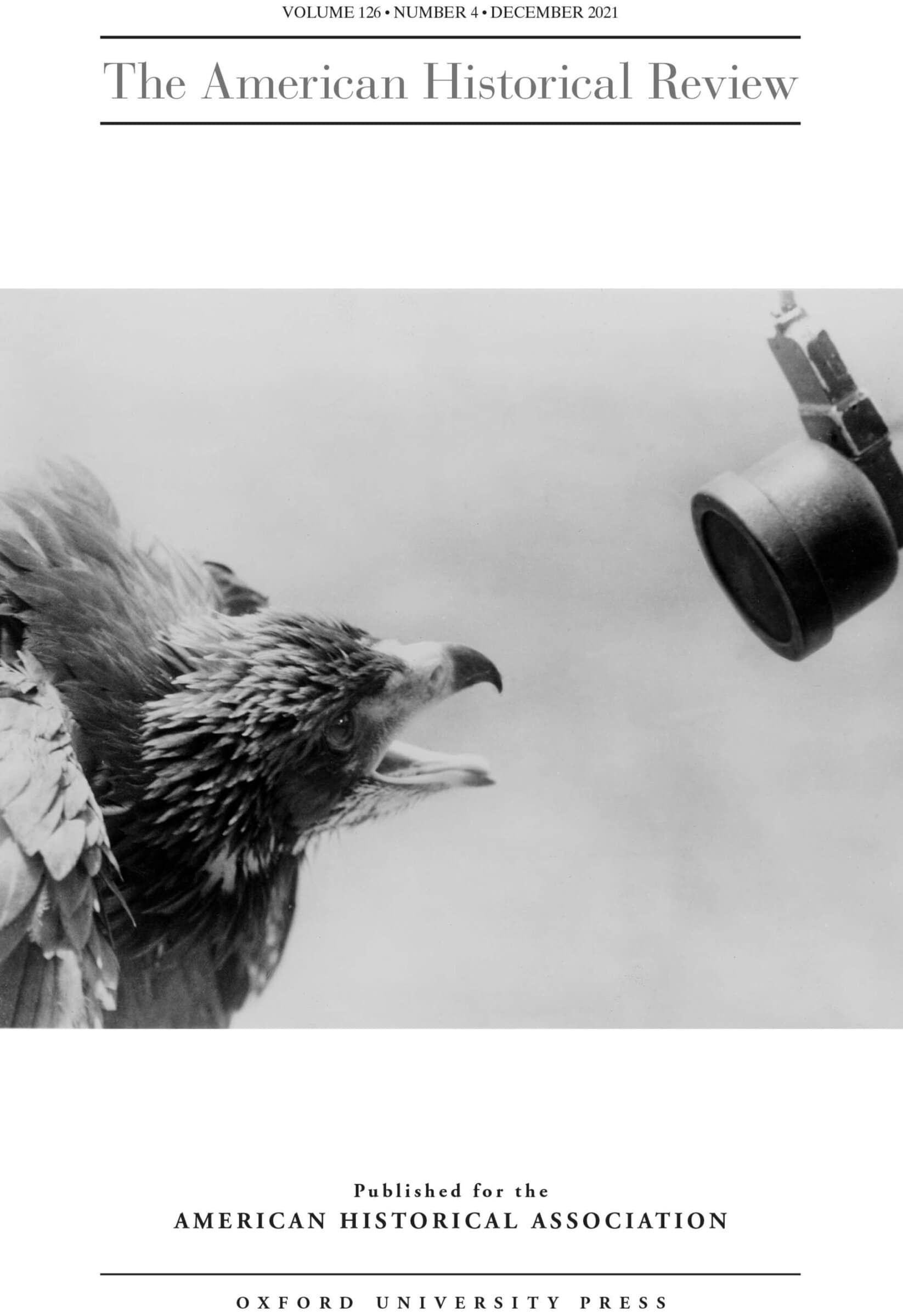Editor’s Note: The staff of Perspectives is pleased to announce that the newsletter will feature a new column on public history. John David Smith of North Carolina State University and William Willingham of the North Pacific Division of the Army Corps of Engineers will be the contributing editors for the column. Following are biographies of Smith and Willingham, along with a statement they prepared about the subjects they would like to highlight in the column.
John David Smith
John David Smith is Graduate Alumni Distinguished Professor of History at North Carolina State University, where he also serves as director of the master’s program in public history. In addition to courses on public history, Smith teaches the history of the Old South and classes on slavery and emancipation.
After receiving his Ph.D. in southern history from the University of Kentucky in 1977, Smith served as curator at the Lincoln Museum in Fort Wayne, Indiana; as director of the Historic Columbia Foundation; and as assistant professor of history at Southeast Missouri State University. In 1981–82 Smith received a postdoctoral fellowship from the American Council of Learned Societies.
In addition to publishing more than 50 scholarly articles, Smith has written or edited six books, including Window on the War: Frances Dallam Peter’s Lexington Civil War Diary, with William Cooper, Jr. (1976); Black Slavery in the Americas (1982); An Old Creed for the New South: Proslavery Ideology and Historiography (1985, 1991); Dictionary of Afro-American Slavery, with Randall M. Miller (1988); Ulrich Bonnell Phillips: A Southern Historian and His Critics, with John C. Inscoe (1990, 1993); and Anti-Black Thought, 1863–1925 (1993).
William Willingham
William Willingham received his Ph.D. from Northwestern University in 1972. Willingham has taught early American and family and community history at Lafayette College, the University of Kentucky, and Lewis and Clark College. Since 1981 he has served as a historian with the Army Corps of Engineers, first with the Portland District and currently with the North Pacific Division. His responsibilities with the Corps of Engineers have included cultural resources management (CRM) as well as history. His CRM work has involved historic preservation compliance activities, Native American relations, developing a regional curation facility, and serving on the team drafting curation regulations for the Corps of Engineers. Willingham has also worked as a private consultant on various historic preservation and cultural resources projects. He is currently a member of the Oregon State Advisory Committee on Historic Preservation. His major publications include Connecticut Revolutionary: Eliphalet Dyer (1977); Army Engineers and the Development of Oregon (1983); Water Power in the “Wilderness”: A History of the Bonneville Lock and Dam (1987); Northwest Passage: A History of the Seattle District of the U.S. Army Corps of Engineers (1992); and over two dozen articles in various scholarly journals.
Submission Guidelines
In our column we would like to highlight research, theory, and methodology on all aspects of public history, including cultural resource management, government and corporate history, practices of museum management, historical administration, historic preservation and site administration, public policy analysis, historical or documentary editing, media presentation, oral history, and records management. Submissions may be up to 12 double-spaced pages in length with no more than five endnotes. A paper copy and a diskette (preferably IBM compatible) should be included for each submission. Authors should forward manuscripts to either Smith or Willingham: John David Smith, Dept. of History, North Carolina State University, Raleigh, NC 27695-8108; William F. Willingham, U.S. Army Corps of Engineers, P.O. Box 2870, Portland, OR 97208.


